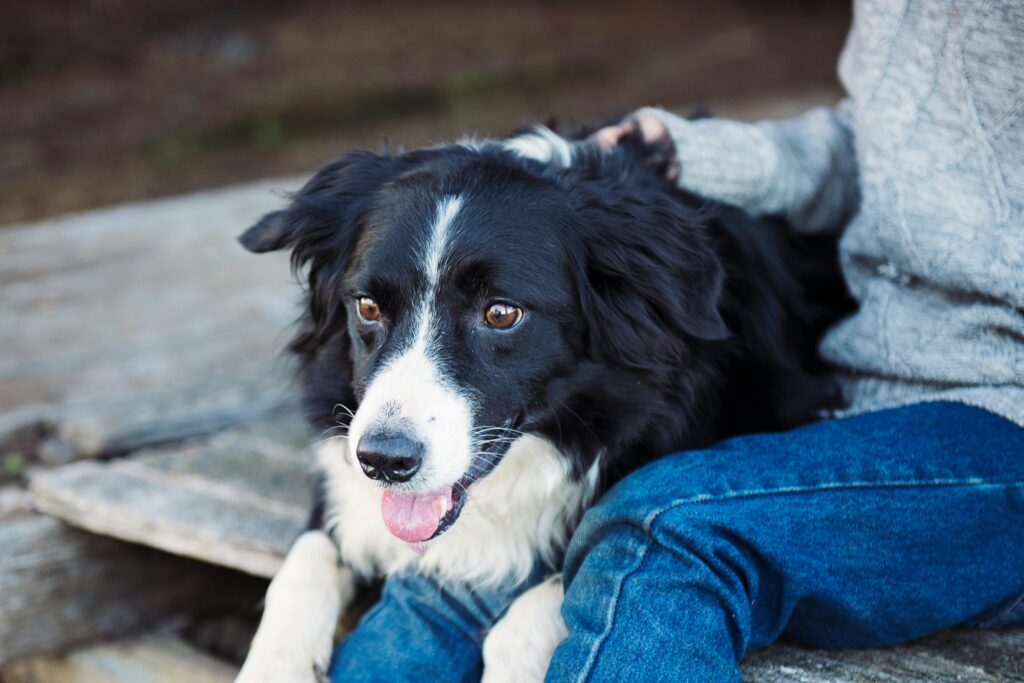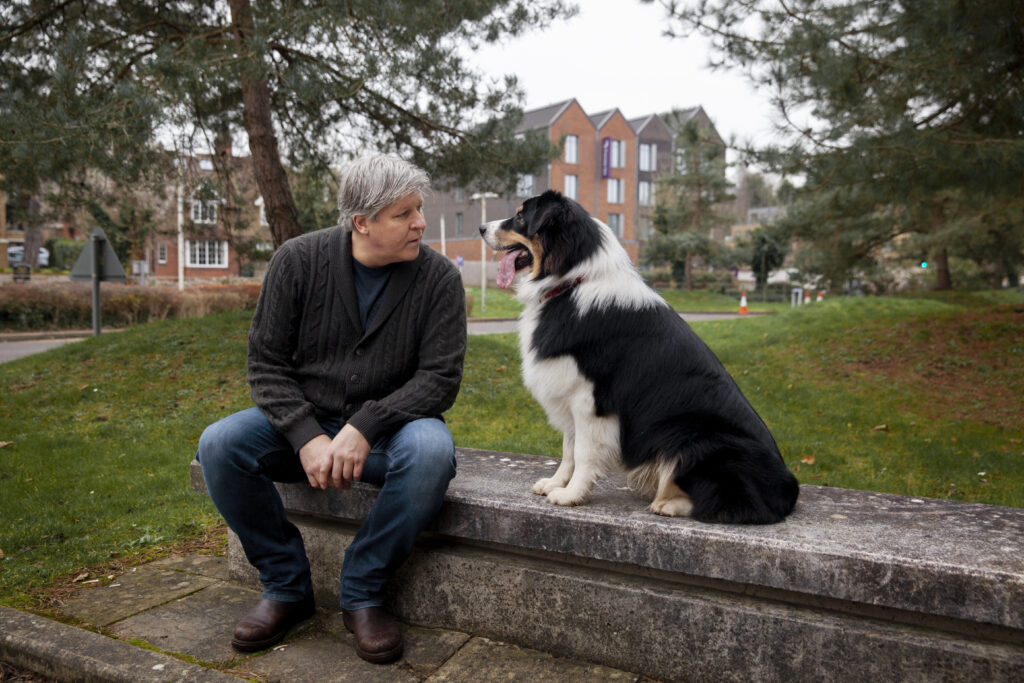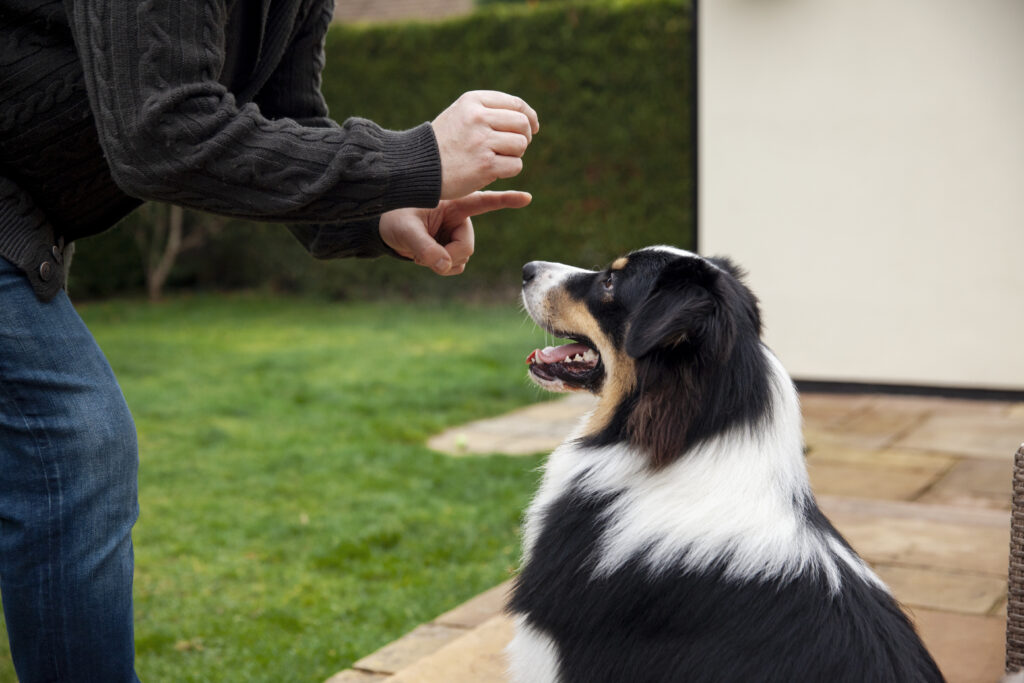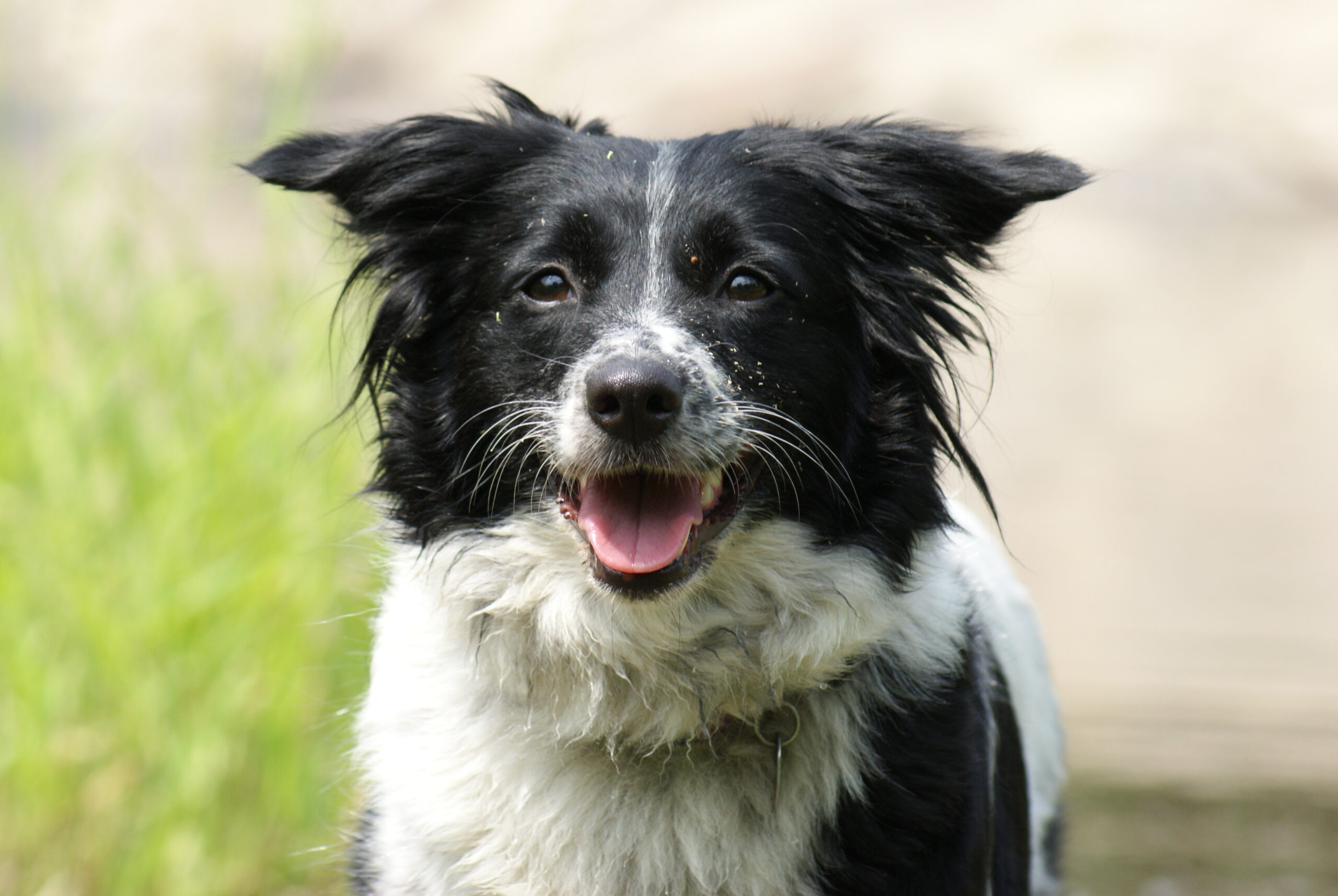Border Collies are well-known for their intelligence, agility, and strong work ethic. Originally bred for herding, these dogs are increasingly sought after as service dogs due to their impressive trainability and responsiveness. In this post, we’ll explore why Border Collies make excellent service dogs, how they compare to other breeds, and answer common questions related to their role as both service and therapy dogs.
Border Collies as Therapy Dogs

What are Therapy Animals?
Therapy animals are pets that owners train to provide comfort and emotional support in various settings, such as hospitals, nursing homes, and schools. Unlike service dogs, which are trained to perform specific tasks for individuals with disabilities, therapy animals offer general emotional support. Border Collies are particularly well-suited for therapy work because they can connect emotionally with people, thanks to their sensitive nature and intelligence.
Border Collies are known for their intuitive understanding of human emotions, making them ideal candidates for therapy dog roles. Their intelligence and willingness to work with humans allow them to excel in providing comfort and relief to individuals experiencing stress, anxiety, or depression. This breed's strong bond with its handler and responsiveness to emotional cues make them excellent at offering companionship in therapeutic settings.
For more on therapy animals, check out our post on Therapy Animals and Depression Treatment.
Border Collies as Service Dogs

What are Service Dogs?
Service dogs are specifically trained to perform tasks that help individuals with disabilities. These tasks could include guiding individuals with visual impairments, providing mobility support, or alerting individuals with medical conditions, like seizures. Service dogs are legally recognized and are granted rights to accompany their owners in public spaces, including restaurants, stores, and transportation.
Do Rough Collies Make Good Service Dogs?
While Border Collies are known for their work ethic and intelligence, you can also train Rough Collies (a related breed) to serve as service dogs. However, they tend to be calmer and less high-energy, making them better suited for people who need a gentler, more laid-back service dog.
Are Border Collies Good Service Dogs for Autism?
Border Collies can be trained to support children and adults with autism. Their intelligence and sensitivity allow them to provide emotional support, alert handlers to sensory overload and offer comfort during anxiety or distress. Border Collies can be taught to perform specific tasks that help with social interactions or sensory integration, making them ideal service dogs for individuals with autism.
For more on training service dogs for specific needs, check out our post on Psychiatric Service Dog Training.
Are Border Collies Good Psychiatric Service Dogs?
Border Collies can be excellent psychiatric service dogs. Their ability to read emotional cues and respond to their handlers' needs makes them valuable for individuals with mental health conditions like PTSD, anxiety, or depression. You can train Border Collies to provide comfort during anxiety attacks, offer emotional support, or help ground their owners during episodes of distress. Their energy levels also help keep owners active, which can reduce feelings of isolation or lethargy associated with mental health challenges.
How to Get a Border Collie Service Dog

Getting a Border Collie as a service dog involves several steps:
- Finding the Right Dog: You can adopt a Border Collie from a shelter or purchase one from a reputable breeder. Look for a dog with the right temperament for service work.
- Service Dog Training: After acquiring a Border Collie, you must invest in specialized training to teach the dog specific tasks based on your needs. This can be done through professional trainers or service dog organizations.
- Certification: You don’t need to certify service dogs by law formally, but certifying your Border Collie can help you access public places and housing.
For more tips on training service dogs, visit Our Guide to Service Dog Training.
Border Collie Service Dog Training

Training a Border Collie as a service dog is a rewarding process, but it requires patience and consistency. Here are the steps:
- Basic Obedience: Start with basic commands like sit, stay, and come.
- Task-Specific Training: Once your Border Collie has mastered basic commands, you can begin training them to perform tasks specific to your needs (e.g., guiding, retrieving objects, alerting to anxiety or medical conditions).
- Socialization: You need to socialize your Border Collie well to ensure they can handle a variety of environments and situations without becoming anxious or distracted.
For detailed steps on training a psychiatric service dog, check out our post on Therapy Techniques for Service Dog Training.
Conclusion
Border Collies are intelligent, highly trainable dogs that excel as service dogs and therapy animals. Their adaptability, strong work ethic, and emotional sensitivity make them ideal companions for individuals with physical or mental health challenges. If you're considering a Border Collie as a service dog, be sure to invest in training and give them the mental and physical stimulation they need to thrive in their role.
For more interesting facts about Border Collies, check out this informative article on Border Collie Facts and Traits.

